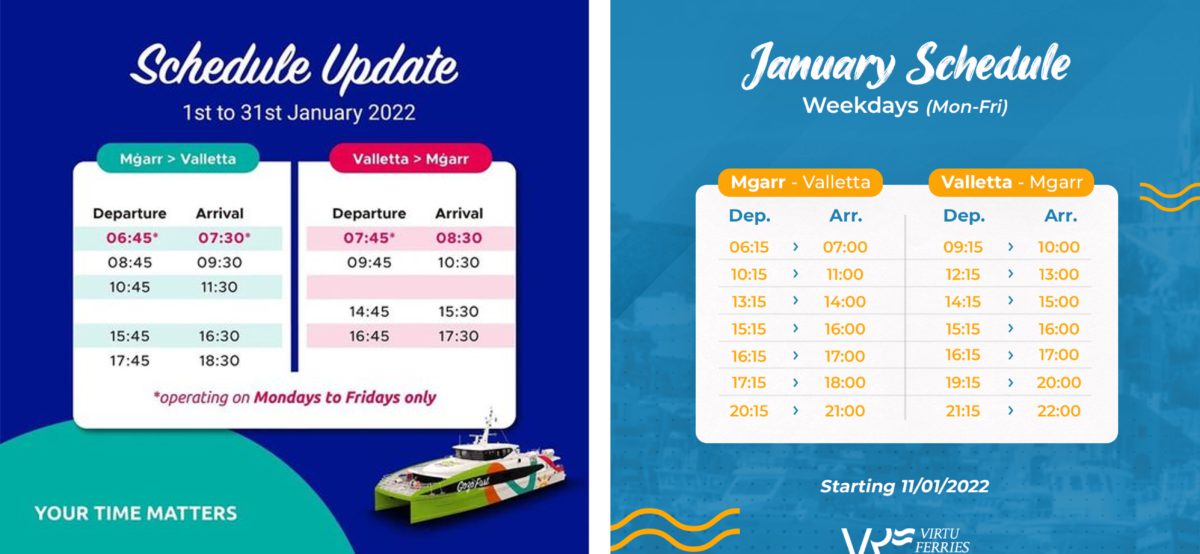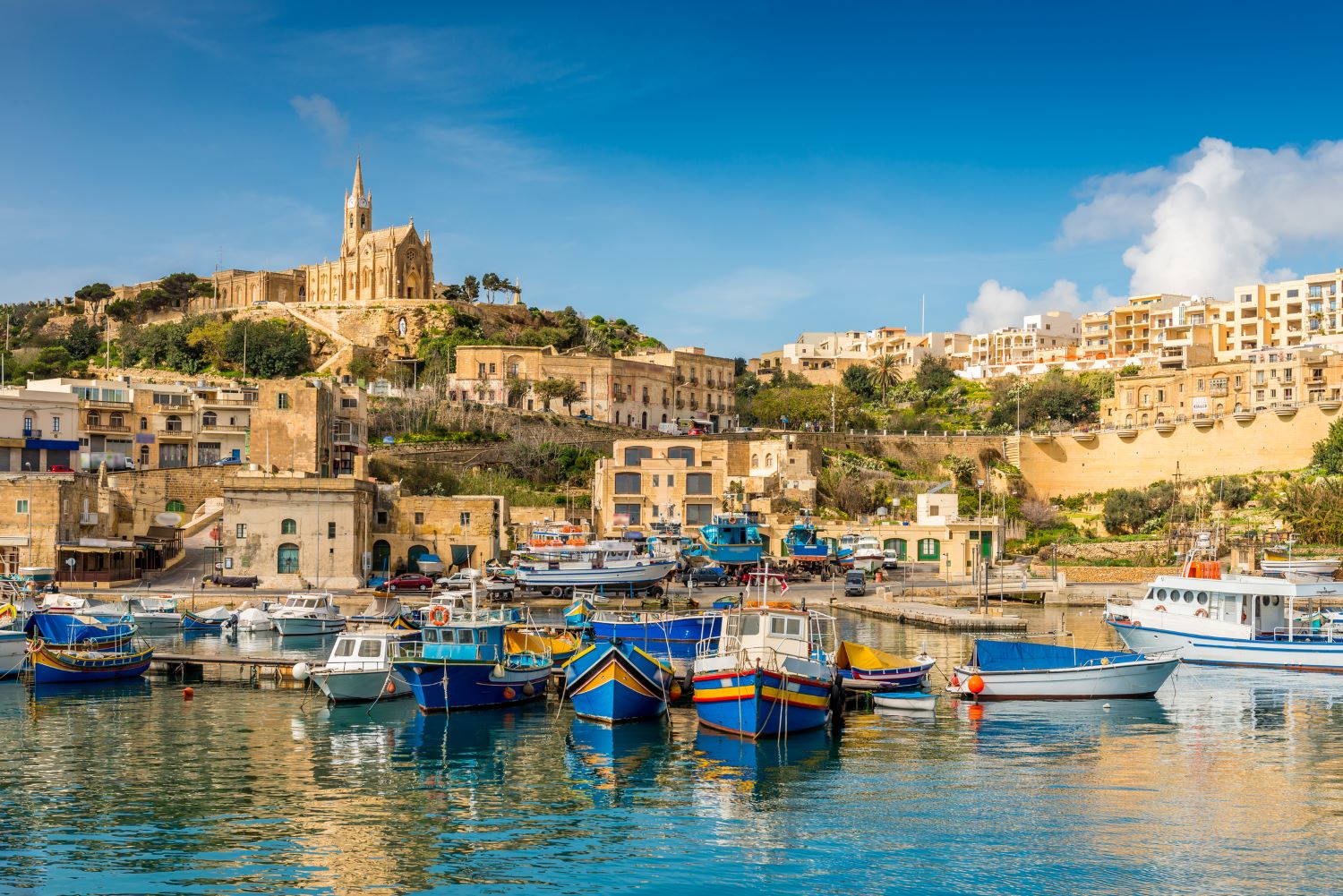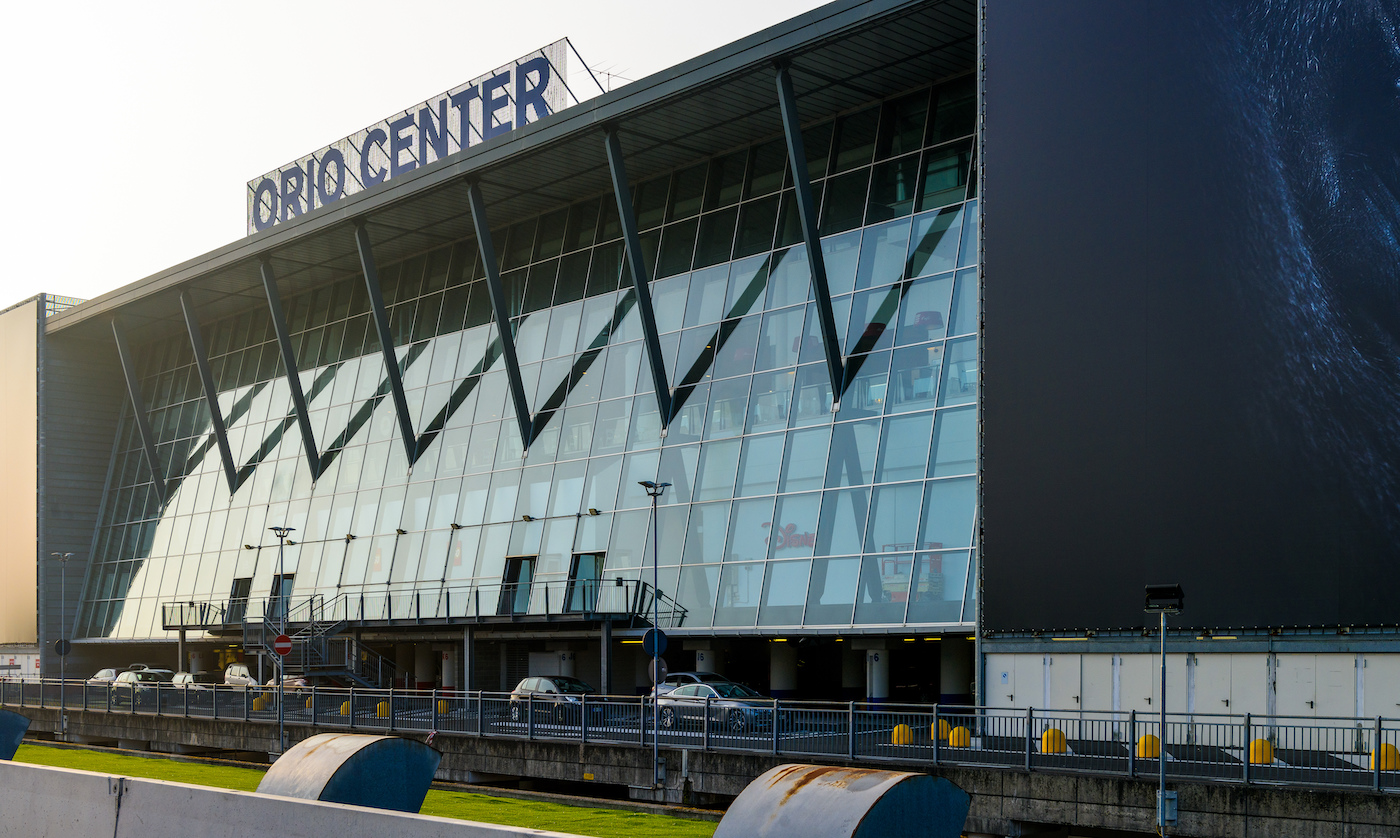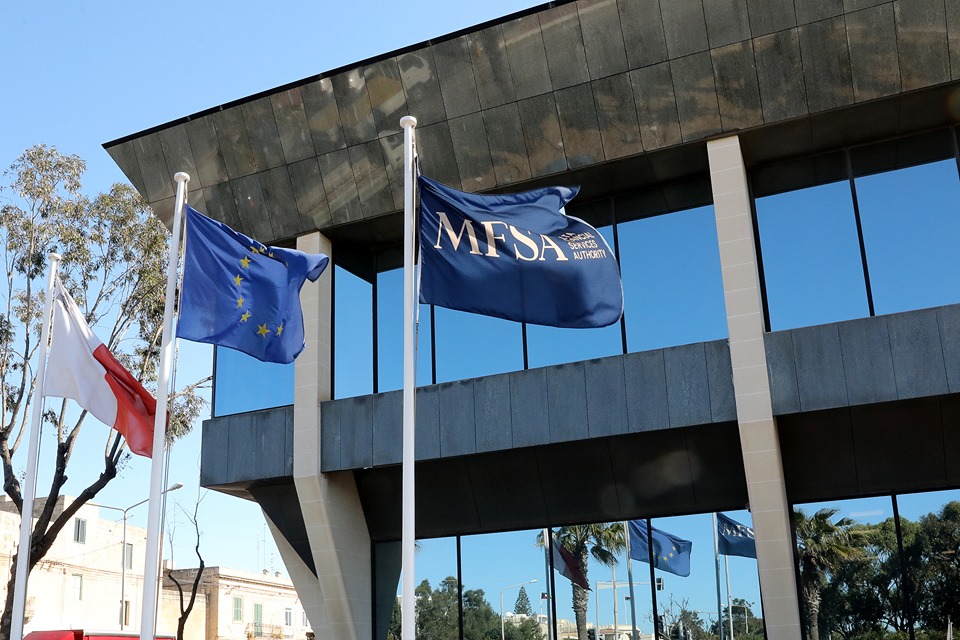The fast ferry service between Valletta and Gozo is at risk of loss of public trust as continually shifting schedules and long periods of time during which no service is effectively available undermine its reliability, with observers concerned that the consequences could be fatal for the fledgling service.
In fact, many workers, who rely on the scheduled service, and professionals and businesspeople needing to make trips for meetings or the signing of contracts, are opting for the regular ferry service because of recent abrupt changes to schedule.
Launched in June, the liberalised service, which allows different operators to use the public infrastructure, has been welcomed by many stakeholders, although concerns have been raised about the effects of pollution on residents.
However, the service’s initial popularity seems to have waned, with users and stakeholders pointing to frequent changes in departure times and a recent reduction in the number of daily trips which has left passengers sometimes waiting for hours for the next boat.
A Gozitan worker and student who regularly commutes between the islands, speaking on condition of anonymity, says that when the service started in the summer, “every Gozitan was really happy with the service and the trips were working regularly and leaving and arriving on time.”
“But when autumn started everything started going horribly. Trips started to get cancelled and the schedule was changing constantly. The trips that were needed the most – the ones early in the morning and the ones at around 5-6pm, when everyone is getting off from work, started getting cancelled for some reason I still can’t understand.”
She reports that many people are now opting to revert to using the Gozo Channel as it is more reliable and efficient than the fast ferries from both operators.
“I have loads of friends, me included, who thought there would be a trip at a certain time and then it would get cancelled and we would be left there waiting for the next one for another two hours or so,” she says.
While admitting that the operators would warn on their Facebook pages that such trips got cancelled, she explains that the service’s initial reliability had lulled many users into a false sense of security.
BusinessNow.mt reached out to Charlene Muscat, president of the Association of Gozitan Workers in Malta, and Daniel Borg, CEO of the Gozo Business Chamber, to find how this uncertainty is affecting their members.
Ms Muscat explains that the association is in contact with the two operators to try and determine the issue.
“Before the holidays, there used to be regular service. Now, without giving a reason, there’s a long break at key hours.”
The current schedule of Virtu indicates departures from Valletta at 16:15 and then at 19:15, whereas Gozo Fast Ferry’s January schedule only has departures at 14:15 and 16:15 in the afternoon.

“Many workers are working through their break to be able to leave work a bit early to make it in time, but of course, this is a stressful situation that depends on individual agreements with their employers.”
The association has sent emails to the operators but has yet to receive a reply.
“We expect to see changes in the timetable. The current one simply does not cater for workers’ needs. It could be that they are taking the opportunity offered by the touristic low season to conduct maintenance, but until the operators speak up, this is simply speculation.”
Ms Muscat adds that both operators have previously made efforts to accommodate passengers’ needs, and says she hopes that the current issue is quickly resolved, as others have been.
However, the clock is ticking for a satisfactory resolution, with public trust in the service being undermined with each day of lackluster service.
“As Gozo, we’ve been here before,” says Mr Borg. “Back when Air Malta stopped operating the helicopter service, the private operator who took over frequently changed the schedule, which contributed to the service’s eventual closure.”
The problem, he says, is that a link between the two islands needs to be based above all on reliability.
“Users need to feel confident that the service is there when they need it.”
Mr Borg explains that the model adopted, which sees public infrastructure available for use by private operators under a liberalised market, has certain advantages, such as a low cost to the public and less complex negotiations, with universal service agreements, like that of the Gozo Channel, require European Commission approval.
“However, with the constant changes, one simply cannot depend on it, despite its convenience.”
In fact, many professionals and businesspeople who had eagerly started using the new service for contract signings and meetings in Valletta, which could “easily cut two hours of journey time”, according to Mr Borg, are switching back to using the Gozo Channel.
“There’s simply no confidence,” he says.
He concedes that the drive to telework, especially in Government departments, has not helped the situation, and the loss of daily traffic from day trippers to Gozo was almost certainly not in the operators’ plans.
“What everyone must understand however is that such a service relies almost entirely on it being reliable, regular and dependable. Even if losses are made in the short term.”
Mr Borg expresses his concern that the less reliable the service becomes, the less people use it as pat of their daily routine, which only contributes to further losses.
Meanwhile, the aggressive competition between the two operators is almost certainly not helping.
“Competition is all well and good, but you cannot kill the service as you fight for market share,” he says.
Asked whether the situation calls for Government intervention, Mr Borg hesitates, saying that the best option is that the operators come to an agreement between them to ensure the best service possible for their passengers.
One such scenario could see the operators agree on a common schedule, with each trip’s operator alternating from month to month to ensure a fair distribution of revenue.
Government intervention could however be necessary, with operators compensated to ensure that certain trips always happen, no matter the profitability.
Questions sent to Virtu and Gozo Fast Ferry were not answered at the time of publication.
Malta flights to Bergamo suspended following fatal incident
An incident resulted in the cancellation of several other flights, with some flights being redirected to nearby airport
Malta’s business economy grows by 15.6% in 2023
While large enterprises continue to play a leading role, SMEs and micro-businesses remain vital pillars of the economy
MFSA and Central Bank warn of loan and email scams
Both institutions urged the public to report suspicious activity and avoid sharing personal data with unverified sources






